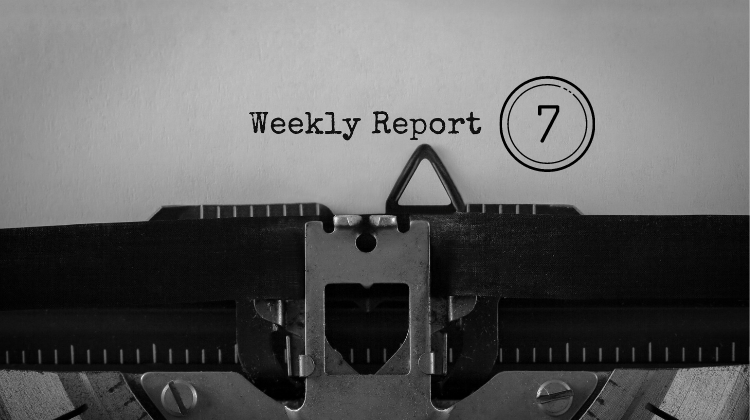Maple Leaf Money: Canada Embraces Global Crypto Tax Reporting Standard
Canada aims to adopt the OECD standard for crypto asset tax reporting by 2027, aligning with 46 other nations.

Canada plans to implement the international Crypto-Asset Reporting Framework (CARF) for taxation by 2026, ahead of the standard’s adoption by 47 countries in 2027, as per a supplement to the 2024 budget.
The CARF will introduce new reporting obligations for crypto asset service providers (CASPs), covering entities like cryptocurrency exchanges and automated teller machine operators. The framework encompasses various crypto assets, including stablecoins, derivatives, and certain nonfungible tokens.
CASPs will be mandated to report transactions involving crypto assets, both between fiat and crypto assets and among different crypto assets, to the Canada Revenue Agency (CRA). Moreover, CASPs must report crypto asset transfers exceeding $50,000 USD, including payment processing activities.
Crypto-asset service providers would be required to obtain and report information on each of their customers, including name, address, date of birth, jurisdiction(s) of residence, and taxpayer identification numbers for each jurisdiction of residence.
Crypto asset service providers (CASPs) operating within or conducting business in Canada must adhere to these regulations. Transactions involving Canadian residents or nonresidents, regardless of individual or entity status, are to be reported.
The CARF excludes reporting for central bank digital currencies and “digital representations of fiat currencies” like stablecoins. These are covered under amendments to the Organisation for Economic Cooperation and Development (OECD) Common Reporting Standard (CRS) for international tax authority information sharing.

Data gathered through the CARF will be exchanged globally, mirroring the OECD’s Common Reporting Standard (CRS). The CARF addresses transactions outside traditional financial channels, a gap the CRS didn’t cover.
The OECD unveiled the CARF during a G20 finance ministers and central bank governors gathering in October 2022. By November 2023, 47 nations committed to integrating the CARF into their national legislation by 2027. The OECD comprises 38 primarily European member countries.
READ MORE NEWS ON
Bitcoin | Inflation Deflation Deflation Inflation Cryptocurrencies
* We hope this information will help you in your investment process, but this is not investment advice. Every investment carries risk, especially in this industry, so DYOR before making a decision.






